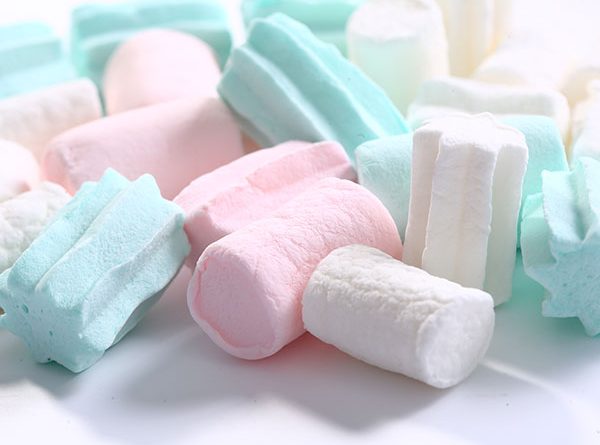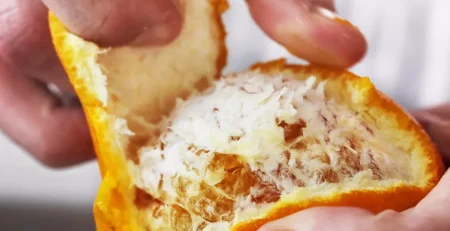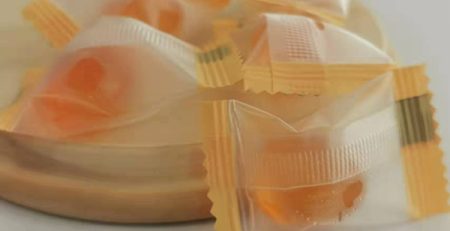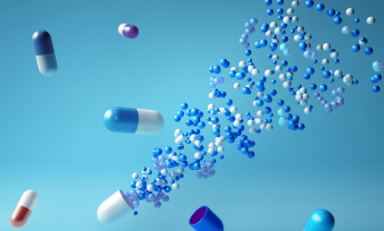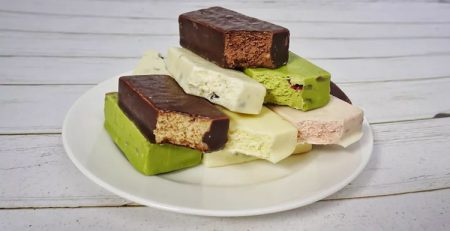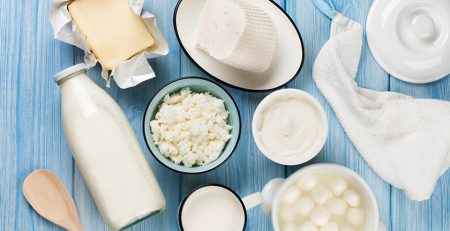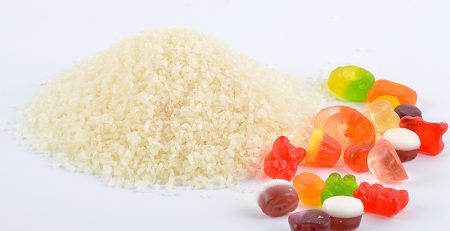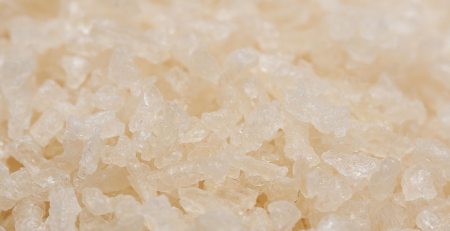Application of KAPPTAI Gelatin in Marshmallow
Application of KAPPTAI Gelatin in Marshmallow
Gelatin is the collagen extracted from animal skin or bones, which is partially hydrolyzed by acid or partially by alkaline hydrolysis. Since it has not undergone any denaturation treatment during food processing. Gelatin is generally regarded as a natural and safe food internationally. As a water-soluble colloid, gelatin has many excellent properties (such as good compatibility with sugar, corn syrup, edible acid and flavor, etc.), so it is widely used in various candies,such as gummy candy,soft candy, marshmallow etc.
Marshmallows are made by mixing a gelatin-containing syrup solution with air by whipping quickly under pressure. Both the syrup and gelatin are in a liquid state after foaming, and the gelatin gel makes the marshmallow more stable after cooling. Therefore, the quality of gelatin is directly related to the quality of marshmallows.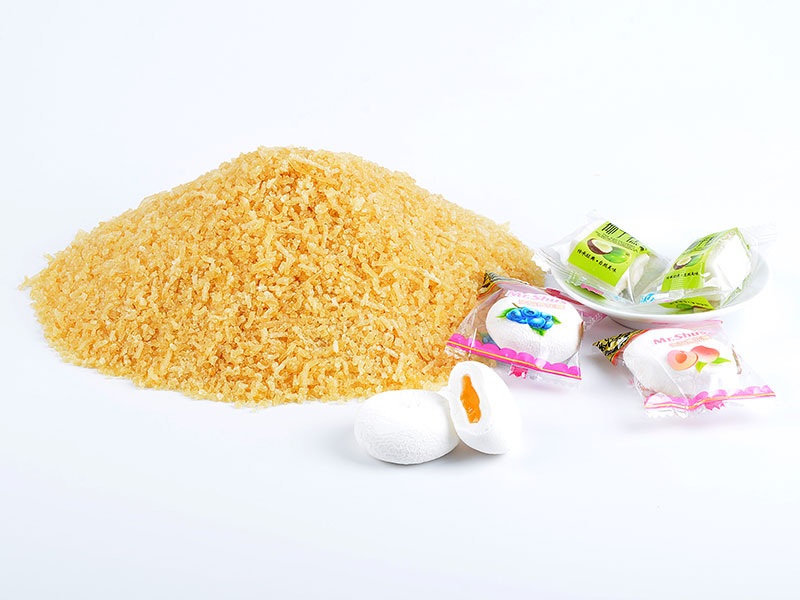
The content of gelatin and the density of the whipped syrup determine the texture of marshmallows. Therefore, if the quality of the product is to be stable during storage, it is necessary to choose gelatin with stable quality and good water retention. The content of impurities (residual oils and fats) in gelatin will also affect the foaming ability of gelatin and the ability to stabilize bubbles. KAPPTAI cooperates with famous marshmallow factories at domestic and abroad at present, and KAPPTAI gelatin enjoys a high reputation in the marshmallow industry.
The gelatin products that KAPPTAI has developed for marshmallow candy production include LB (alkaline bovine bone gelatin) gelatin and Ps (fresh skin gelatin and salt skin gelatin) gelatin. LB gelatin is the most used gelatin in domestic marshmallows at present, and Ps gelatin has the advantages of low viscosity and good operability when inflated, so it has the application advantage that LB gelatin cannot replace. For the application of gelatin in marshmallows, the jelly strength is mainly 200-250 Bloom. Gelatin with lower jelly strength is generally not recommended for high-quality marshmallows due to poor water retention and stability.

